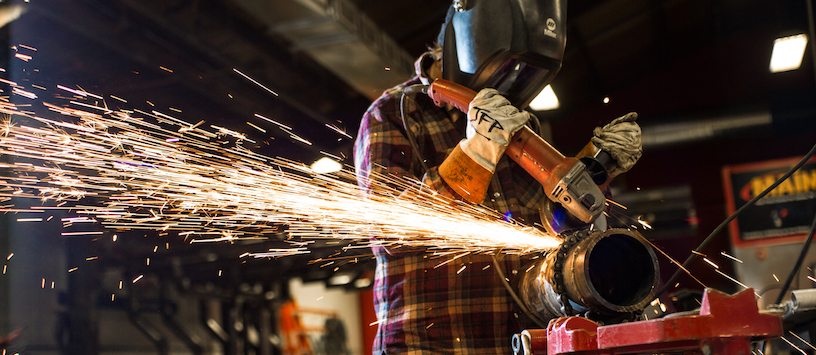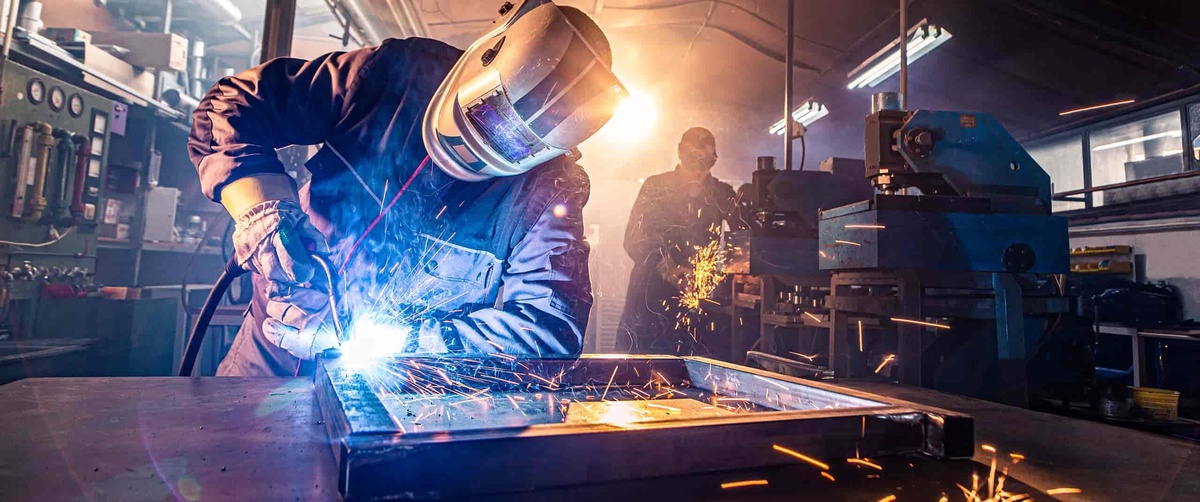Are you interested in welding? Want to learn about welding technology programs but feeling overwhelmed? Don't worry, we've got you covered! In this easy-to-read guide, we'll break down everything you need to know about welding technology programs, from what they are to how you can get started. Let's dive in!
What Are Welding Technology Programs?
Welding technology programs are educational courses that teach you all about welding. Welding is a process where two or more pieces of metal are joined together using heat and pressure. It's used in many industries, from construction to manufacturing. Welding technology programs teach you the skills and knowledge you need to become a successful welder.

Types of Welding Technology Programs
There are different types of welding technology programs available, including diploma and associate's degree programs.
- Welding Technology – Diploma:
Diploma programs are shorter in duration and focus on providing you with the basic skills needed to start a career in welding. These programs typically take around six months to a year to complete.
- Welding Technology – Associate’s Degree:
Associate's degree programs are more comprehensive and provide a deeper understanding of welding techniques and theory. They usually take two years to complete and may include general education courses as well.

Why Choose a Welding Technology Program?
Welding technology programs offer many benefits:
- Hands-On Training:
You'll get plenty of hands-on experience working with welding equipment and materials.
- Job Opportunities:
With a welding degree or diploma, you'll be qualified for a variety of jobs in industries like construction, automotive, and aerospace.
- Higher Earning Potential:
Welders with formal education often earn higher wages than those without.
What Will You Learn in a Welding Technology Program?
In a welding technology program, you'll learn a variety of skills, including:
- Welding Techniques:
You'll learn different welding techniques, such as arc welding, MIG welding, and TIG welding.
- Safety Procedures:
Safety is paramount in welding. You'll learn how to safely use welding equipment and protect yourself from hazards.
- Blueprint Reading:
You'll learn how to read and interpret blueprints and technical drawings, an essential skill for many welding jobs.

How to Choose the Right Welding Program?
When choosing a welding program, consider the following factors:
- Accreditation:
Make sure the program is accredited by a recognized accrediting body.
- Facilities:
Check out the welding facilities and equipment available at the school.
- Job Placement Assistance:
Look for programs that offer job placement assistance or internship opportunities.
Online Welding Technology Programs
If you can't attend a traditional welding program due to work or other commitments, don't worry! Many schools offer online welding technology programs. These programs allow you to study at your own pace from the comfort of your own home. However, keep in mind that hands-on training is essential in welding, so online programs may require you to complete practical components at a local welding facility.
Cost of Welding Technology Programs
The cost of welding technology programs can vary depending on factors such as the school, program length, and location. Diploma programs tend to be less expensive than associate's degree programs. Financial aid options, such as scholarships and grants, may be available to help offset the cost of tuition.
Career Opportunities
A welding technology degree or diploma can open up many career opportunities, including:
- Welder:
As a welder, you'll use your skills to join metal pieces together in various industries.
- Welding Inspector:
Welding inspectors ensure that welded structures meet quality and safety standards.
- Welding Engineer:
Welding engineers design welding processes and oversee welding projects.
Conclusion
Welding technology programs are a great way to start a career in welding. Whether you choose a diploma program or an associate's degree program, you'll gain valuable skills and knowledge that will prepare you for a rewarding career. So why wait? Start exploring welding programs today and take the first step towards a bright future in welding!


No comments yet